Conservation of an endophytic insect-pathogen fungus for plant protection in organic cropping
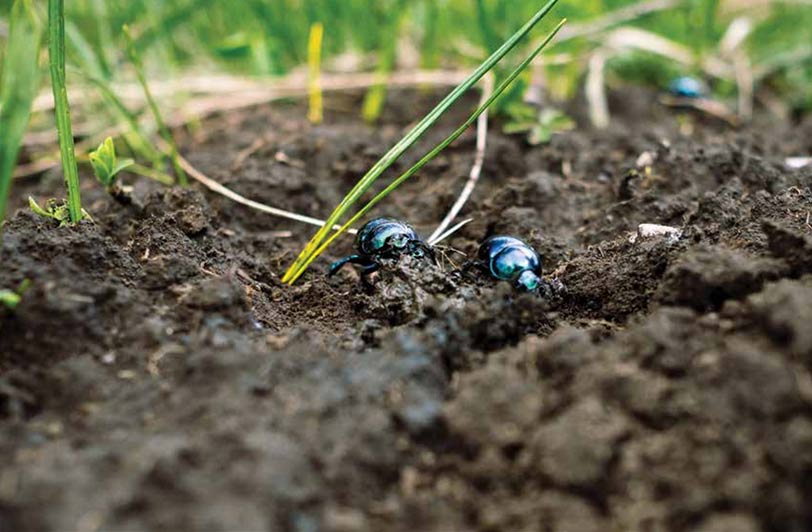
Mary Barbercheck, Pennsylvania State University
Professor of Sustainable Agriculture, Department of Entomology
Farmers and agricultural professionals have great interest in exploiting beneficial soil organisms, especially in organic systems with their focus on soil health and reliance on natural cycles to manage plant health and pests. Endophytes are microorganisms that form non- pathogenic symbioses with plants and can confer benefits including growth promotion and increased plant tolerance to environmental stresses that are predicted to increase with climate change. Our long-term goal is to understand how to promote and conserve the beneficial endemic soil fungus, Metarhizium robertsii, as an insect pathogen and endophyte in organic cropping systems.



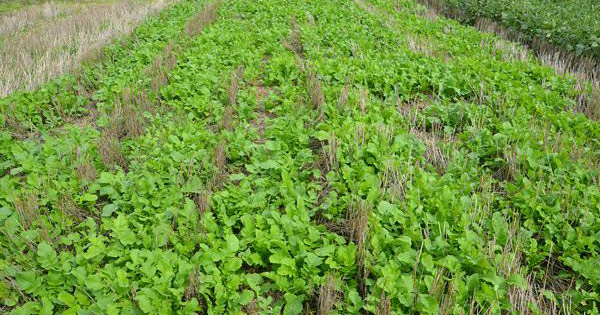
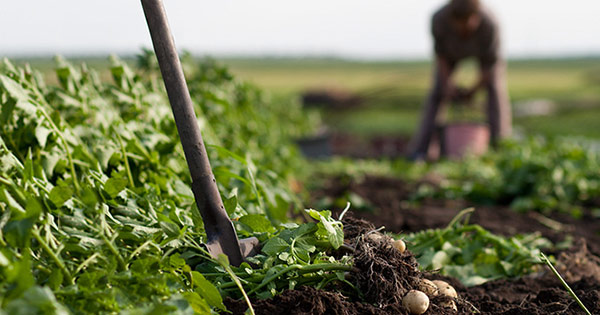
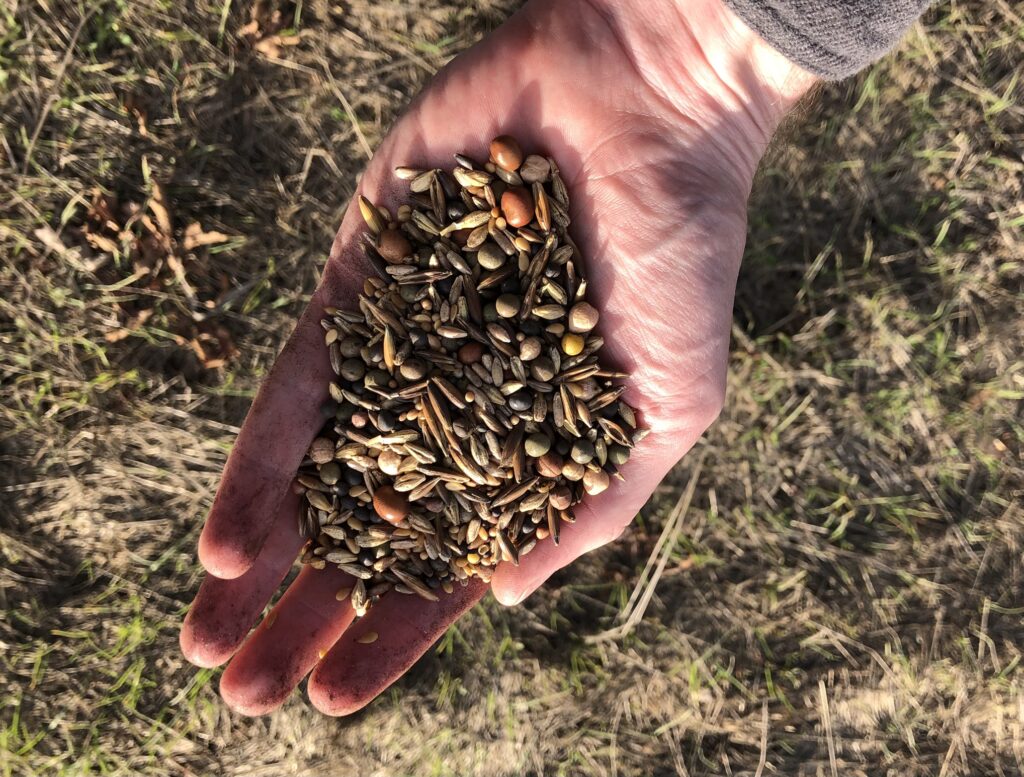
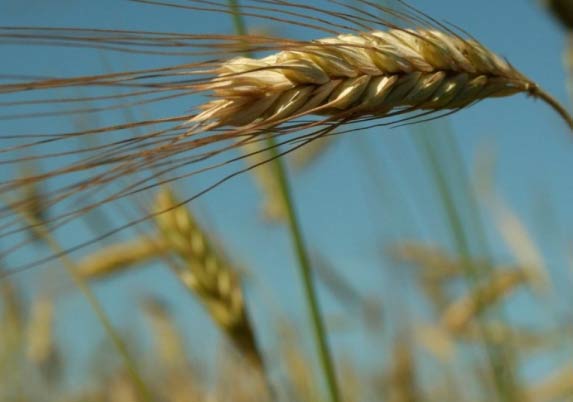
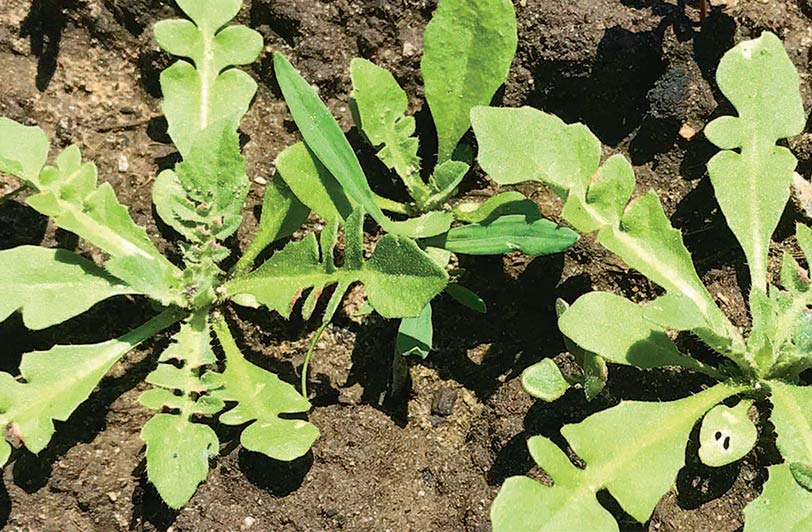
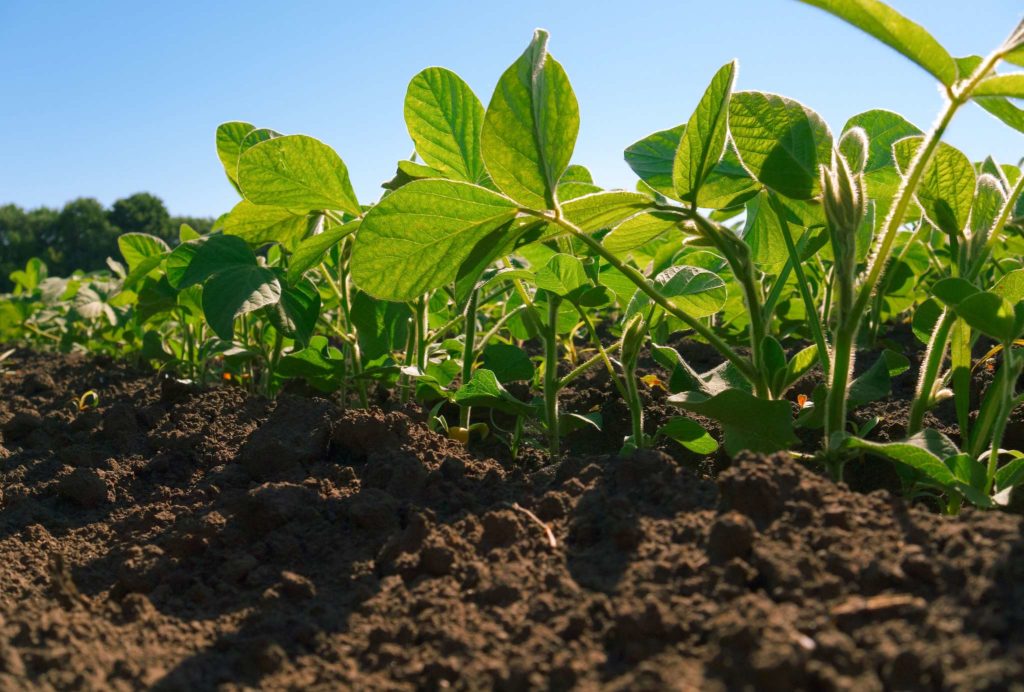
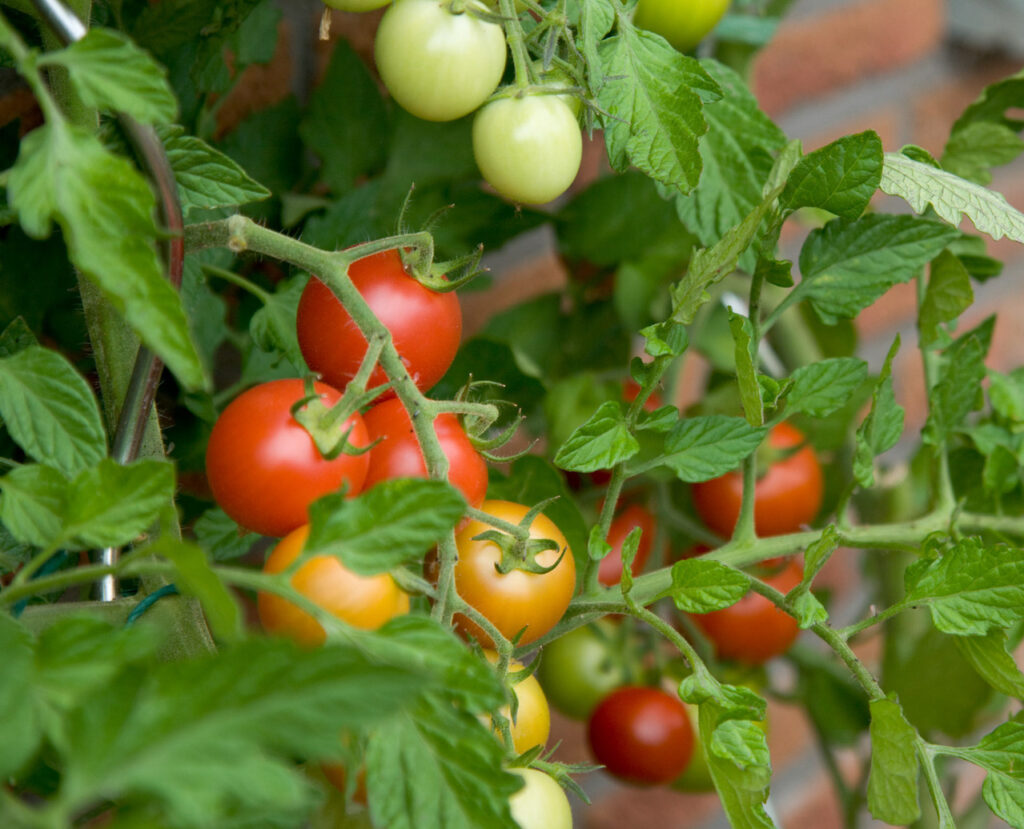
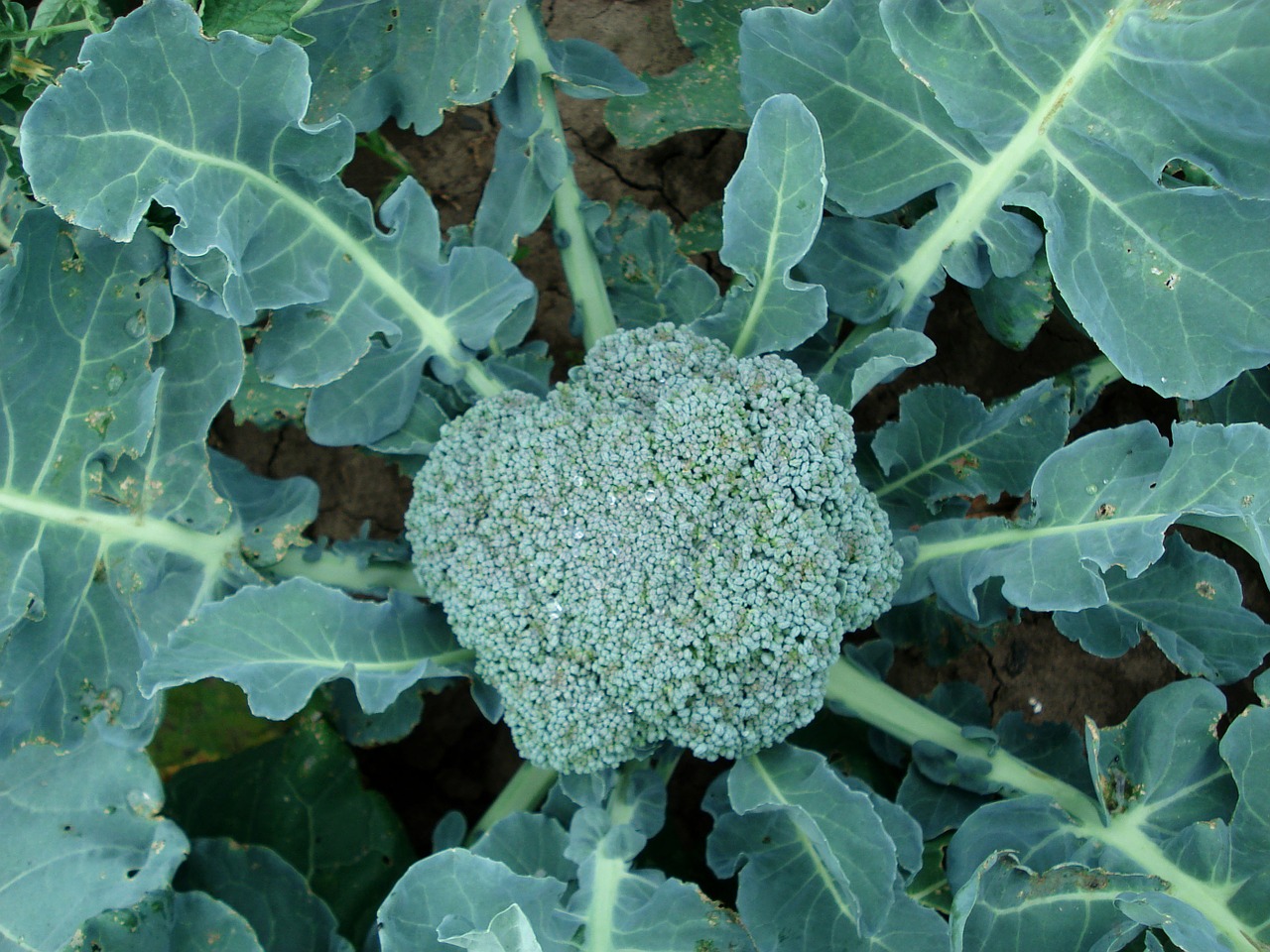 Sarah Hargreaves, Ecological Farmers Association of Ontario
Sarah Hargreaves, Ecological Farmers Association of Ontario